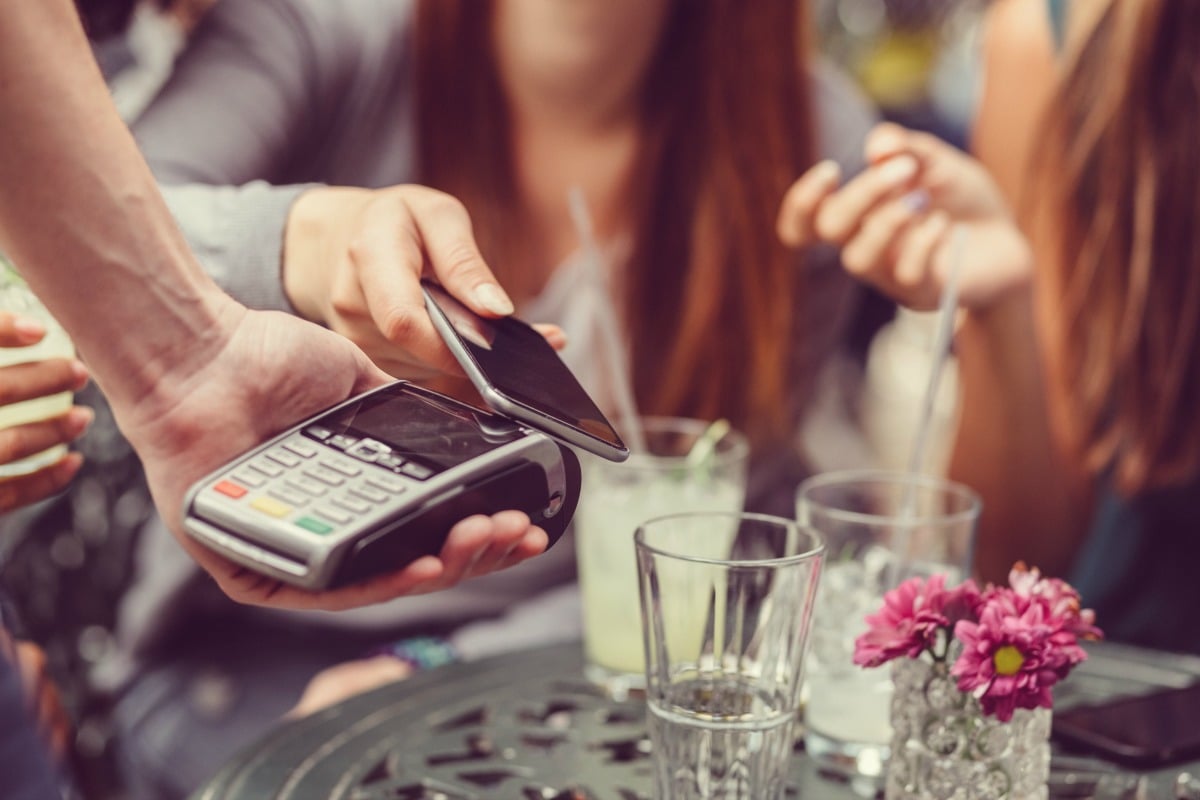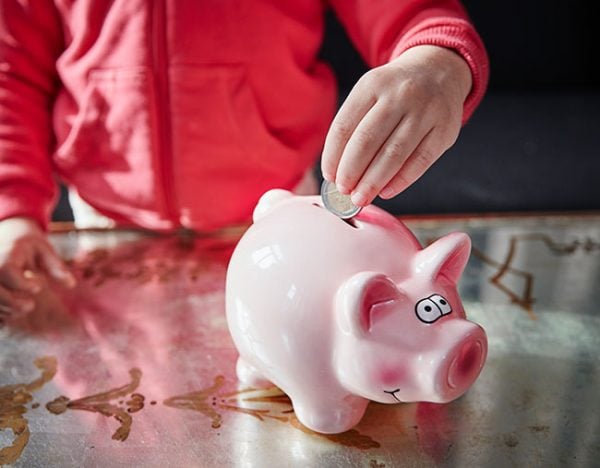
Pre-coronavirus, cash was already becoming a thing of the past.
But now use of coin and note currency is basically nonexistent in our new germ-terrified world, with many businesses refusing to take it.
While there are plenty of benefits to using digital money – the ease of a card, the lack of coin weighing you down, and of course, the whole cleanliness aspect – for many this new normal throws up some worrying challenges.
Domestic violence victims.
Financial abuse is one of the most common forms of domestic violence, and having cash can, in many cases, be vital for victims trying to escape.
A report in late March showed a dramatic increase in both the demand and complexity of domestic and family violence cases as the coronavirus pandemic took hold, and up to 90 per cent of domestic violence victims are also affected by financial abuse.






























































































